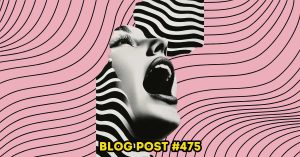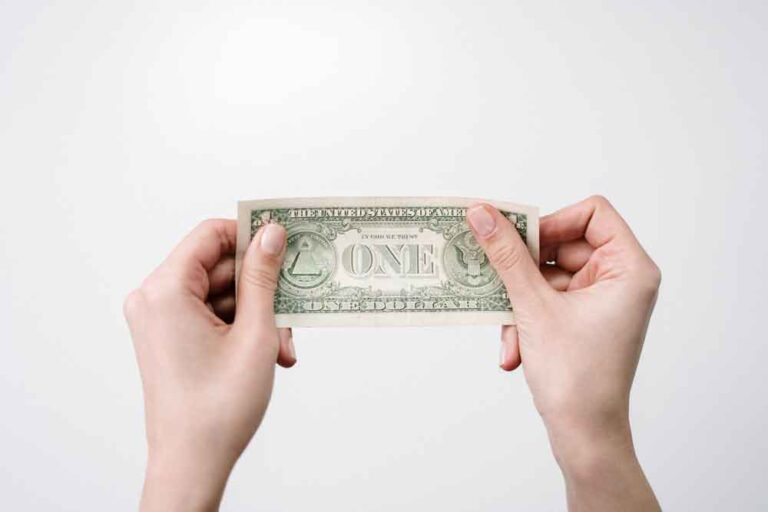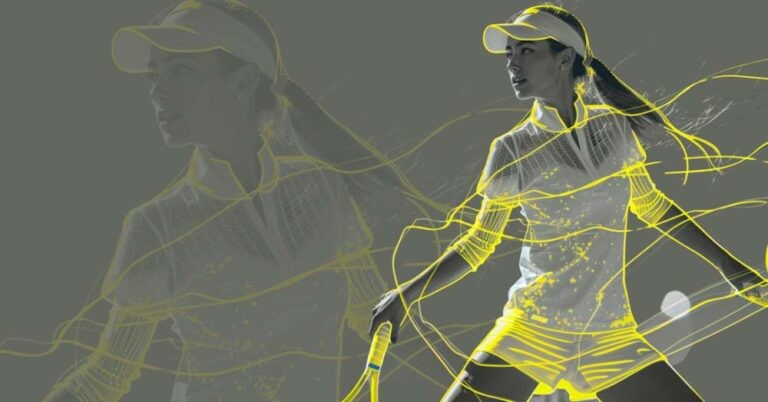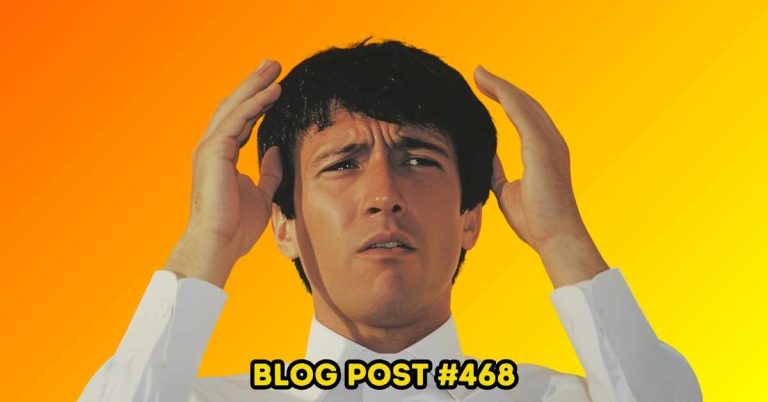
“Money is on my mind, again” – Sam Smith.
Rich people are told to think more about money than everyone else. This is why they are rich. Of course, we all want to be rich. Yet regular people, like you and me, we often think about money in a whole different way. So what is the right way to think about money?
Wrong-Way To Think About Money
The first thing we think about money is about all the different things we would love to afford and all the extra bills we have to pay. Essentially, we are thinking about all the different ways we want to spend our money. This is the wrong way to think about money, as it starts from a position of scarcity.
In turn, the right way to think about money is by thinking of how we can earn money, such as how we can create new income sources, which rich people believe about always.
Sources of New Income and How To Cultivate Them
Most of us, regular people, think about new income sources when looking for new job opportunities or promotions. But J.O.B.s is an acronym for Just Over Broke, which implies that it is virtually impossible to get rich with jobs.
Jobs offer a comfortable and pre-established road to money, which most people follow. In the modern world, however, appointments are not secure. Its often hard to get hired for a position we want, and it is easy to get fired from it. The salaries are usually low or fixed, meaning that we can’t earn more matter how many hours we work. Still, some jobs pay 5 euro per hour and others that spend 5,000 euro per hour, meaning that a single hour of work can earn us a disproportional amount of money. So why don’t we chose a former option?
Furthermore, jobs often violate other rules of being rich, which states that we often want to have multiple income sources. Thus, the idea for diversified income comes from the financial market, whereas multiple income sources guaranty that we always have an income if something goes wrong with one of our income sources.
More money is not always a solution for financial success, as sometimes we can do more with less.
Money and Short-Term vs. Long-Term Happiness
Some people think that rich people are greedy and that they don’t like to share their wealth. But, this is precisely how they got rich. They don’t spend their money everywhere and instead learn to save.
In this sense, I often get asked why I don’t buy this or that, such as why I don’t go surfing. My standard reply is “because I like money in my pocket, and not in someone else’s pocket”. I would love to learn how to surf, and I can afford to spend 20 euro. Still, there are many other activities, like surfing, which I have the opportunity to do every day. If I do all these activities, I will be happy, but lacking. By saving money today, I may not be as satisfied in the short-term, but I will be more comfortable in the long-term.
Indeed, we can pursuit short-term happiness indefinitely, and we can spend an infinite amount of money on doing so to have this short-term happiness short-lived. Even worst, we can get addicted to this short-term gratification. Thus, when we continuously overstimulate our mind, we become addicted to that stimulation. As soon as it becomes calm, we feel uncomfortable, almost as if we are not living our lives to their full potential, which leads us to seek more short-term stimulation. It is a vicious cycle.
Oppositely, investing in long-term happiness, in the form of savings, removes most financial concerns we will ever face, which are always there if we don’t have money. Indeed, if an unexpected bill appears, which tends to do regularly, a person with savings will quickly pay that bill and continue a happy existence. In contrast, a person without saving will be somewhat unhappy. This is to say that money means happiness, especially when we don’t have money.
Of course, moderation is the key. We need to have some short-term gratifications AND save for long-term happiness. We can even do better if we spend on short-term gratification mindfully.
Spending Money So It Is Conducive To Most Happiness
As I said, surf means little to me as it is nothing thing to do, but it does not contribute to my ultimate vision. Instead, I want to do a range of activities that will be much more relevant, making me much happier. This is to say that targeted spending is always more effective.
Thus, some things we can’t live without. We need some basic food, clothing, housing, and medicine. Everything else is superficial and unnecessary, except:
- Buying products that align with our long-term goals
I guess there were no more points on this list. So, what are our long-term goals?
In the short-term, besides spending money, we may want to eat junk food. It will taste good, which will make us feel happy, while in the long-term, it can be rather unhealthy, meaning that we can become somewhat unhappy with our short-term decisions. Oppositely, healthy food is often known to be much more tasteless and expensive, meaning that it may make us unhappy in the short-term. Still, in the long-term, we will enjoy a prosperous and healthy life with less disease, more energy, and more focus towards everything we want to do, which will make us happier.
Similarly, we may feel lazy and tired in the short-term to do sport. It may feel more comfortable just to sit and procrastinate, rather than to do sport. But constant physical procrastination is rather unhealthy, and it can bring us a lot of unhappiness in the long-term. Oppositely, doing sports may be challenging in terms of motivation and physical pain it causes to our body, which is just a few reasons we don’t like to do sports regularly. Still, it is a healthy way of living, meaning that doing sports today can make our lives better tomorrow.
Thus, ideally, our goals should be long-term oriented. To know what these goals should be, we need to know what we want to do and who we want to become is several years from now, working towards these goals today. This approach will put things into perspective, organizing our finances accordingly. When we know what exactly we want, it becomes easier to see what we don’t like, which is everything else.
A Common Mistake We Do Regarding Long-Term Financial Happiness
But there is a prevalent mistake most of us make when it comes to long-term finances. Specifically, we often have very superficial and erroneous reasons to buy big houses and expensive cars, which most people consider the most expensive purchases they will do in their lives.
Thus, most people think that buying these items is just a normal thing to do, and they don’t bother with more details. But there are many reasons not to purchase these items, such as:
- Unnecessary debt – Most people incur excessive debt to buy these items;
- No valuation, but only depreciation – In most cases, houses and cars don’t get more valuable with time, but somewhat less useful, meaning that they are bad investments;
- Attachment to one place – Buying these items creates an anchor. It makes removes flexibility from our lives; it prevents us from traveling or being where we want when we want to;
- Conclusion: there are better alternatives – Instead of buying a car or a house, we can also rent these items. Indeed, we may now event want to use them every day, making our lives more flexible and dynamic.
- Cost of opportunity – Instead of buying these 2 items, we could buy a ton of other cheaper things that can take our lives to the next level.
Thus, we need to be mindful of our investments, especially when buying a house or a car. We almost need to do a mathematical equation, weighing the pros and cons of this decision, and only if the answer is indisputably to buy a property, then we should do so.
Money, Happiness, and Your Life
There is no doubt that money is essential in our lives, so we have to be serious about our finances if we want to be happy. This means that we always need to have financial considerations high in our minds and be a bit less impulsive than we may want to be. This is turn, will contribute to a more prosperous and happy life.
Furthermore, if financial happiness is your goal, then I recommend also to check out:
- My other posts about Happiness and Money;
- See Chapter 4 of my book “How to Act Normal,” as it is all about the relationship between Happiness and Money;
- Stay in touch with my happiness blog via my F.B. page & Happiness Newsletter.
Stay rich and happy!














